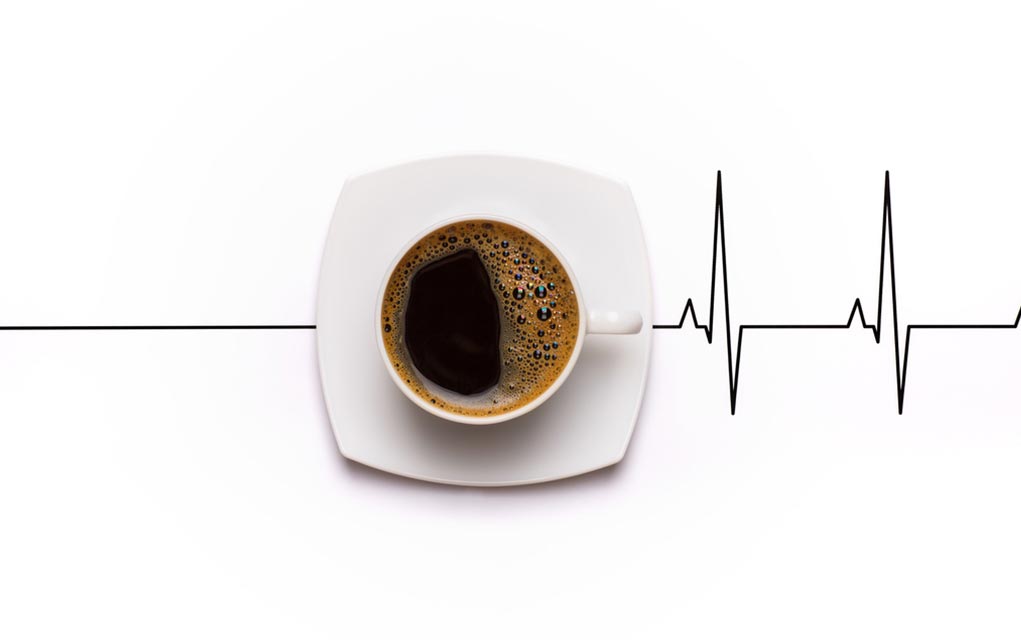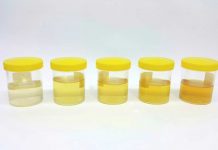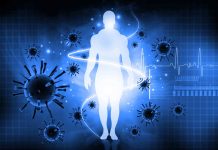
(AscendHealthy.com)- About 62 percent of American adults regularly consume caffeinated drinks, making it one of the most commonly used drugs in the country. Caffeine can be a safe and effective pick-me-up, and even a game-changer when you need the added push, but too much can lead to some nasty side effects. Check out our handy guide to see if you’re getting too much of a good thing.
Caffeine 101: The Basics
Caffeine, most commonly consumed in the form of coffee, soda, energy drinks and some teas, is a stimulant, which means it can help us feel more alert and awake. According to the American Psychiatric Association (APA), caffeine can improve memory and mood, but it’s potentially addictive and can lead to unpleasant physical effects. Doctors believe people can safely have up to 400 mg of caffeine each day, about 4 cups of brewed coffee, but might start feeling a little off before then if they are particularly sensitive.
How Much Is Too Much?
How caffeine affects people can vary depending on their personal makeup and tolerance, and some effects can last up to six hours. Some people may begin to feel jittery after only 200 mg of caffeine, or the equivalent of one small energy drink, while others may have no problem drinking more. Those experiencing any of the following side effects may be consuming too much caffeine:
- Migraine headaches
- Heartburn or upset stomach
- Dehydration
- Racing heartbeat
- Agitation
- Muscle tremors
- Insomnia
Caffeine can cause other, more serious issues like elevated blood pressure and reduced calcium absorption. According to the APA, drinking 500 mg or more each day can cause “coffee intoxication,” characterized by a hyper-excited state, headache and rambling speech. Too much caffeine can even put you at risk for seizures and arrhythmia.
Caffeine and Pregnancy
Women who are pregnant or trying to conceive shouldn’t have more than 200 mg of caffeine each day. More than that can reduce the chances of pregnancy and increase the risk of miscarriage. One study found both partners’ caffeine consumption had an effect on miscarriage rate, cautioning prospective fathers also to limit themselves to 200 mg each day before conception.
Caffeine Withdrawals
Like many drugs, caffeine can be addictive. This means the body can build up a tolerance to it, and people can also suffer withdrawal symptoms if they become addicted and try to quit or cut back too quickly. Symptoms can vary depending on the person and how much caffeine they’re used to consuming, but about half of the people who suffer withdrawal get a headache.
Those who drink caffeine to excess may also experience emotional disturbances like irritability and depression, and they might feel foggy or have a hard time concentrating. More extreme physical effects include fatigue, nausea, changes in heart rate, flu-like symptoms and constipation. Withdrawal can be extremely uncomfortable, but it generally subsides within a week to nine days.
Caffeine has its benefits, but it also has the potential for misuse. Use it when you need it, but make sure you’re keeping track of your intake. If you need to cut back or quit, do it slowly unless you’re willing to tackle a symptom or two. However you take your caffeine, pay attention to any potential symptoms. Your body will tell you if you’re drinking too much.
~Here’s to your Healthy Ascension!
Copyright 2023, AscendHealthy.com




















